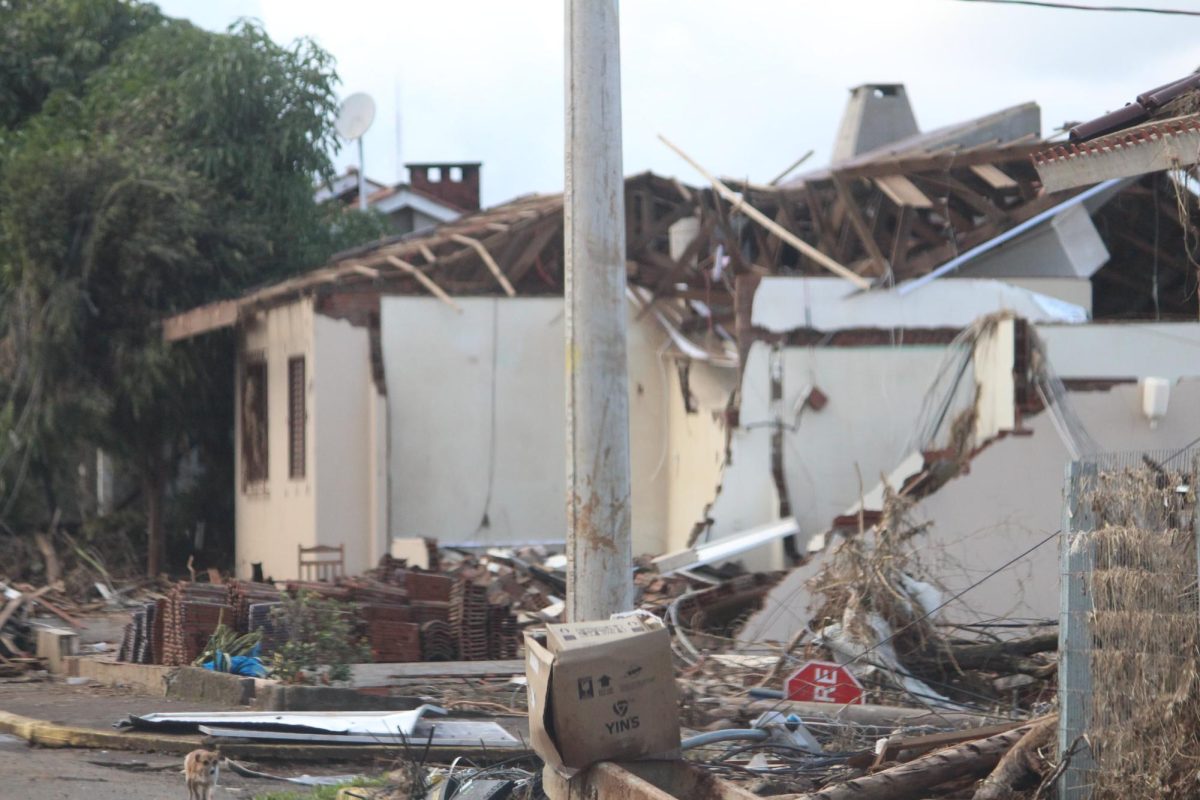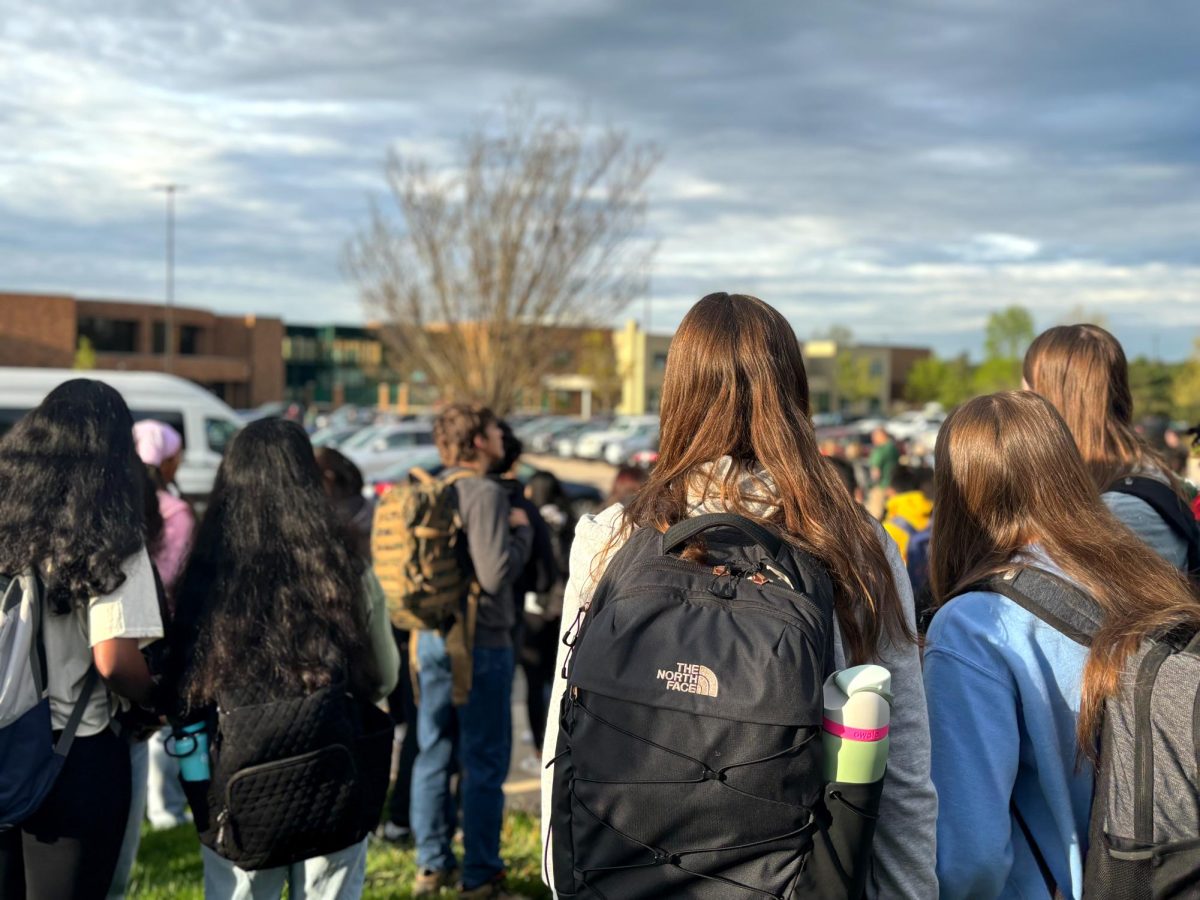Novi High School is an environment with people from all over the world. And at school, we have people from a lot of countries. A positive point of an ESL class is that you can meet people from all over the world. Civics and economics teacher Colleen Smith has taught students from 10-15 countries. This is a special thing at Novi. It’s beautiful to see this diversity, but have you ever considered how difficult it is for those people to learn English if it’s not their first language?
When a student doesn’t speak English very well, they might be enrolled in the English as a Second Language (ESL) program. These are courses for international students. They learn the same things that are in a regular class but more slowly and with a simpler vocabulary. The ESL version is available for most of the classes that students need to graduate including ELA 9, 10, 11, and 12; Biology, Chemistry, Physics, Geometry, U.S. History, World History, Civics, Economics, Health, and other classes.
Each student has their own experience with these classes, and many think that the ESL classes are really helpful. In most cases, it fulfills its purpose, but what really makes the difference is the teacher.
“For ESL and general civics and economics, we teach the same material. We just do it in a little bit of a different way,” Smith said. “We do it differently because the kids in the ESL class don’t have the same basic knowledge about language. Like sometimes we’ll be reading something, and there’s a phrase that most American or English speakers know but ESL doesn’t translate to them.”
A lot of class exercises and assignments have questions that talk about common things in America. For example, economics class is about the market. One exercise in this course talks about putting peanut butter and jelly in a sandwich to show how these products are complementary goods.
A non-American student could think that it doesn’t make sense to mix peanut butter with jelly, and the student will not understand the exercise. This is a help that the ESL class can provide–a teacher that will give more time and attention to students.
The lowest score that you can take in the WIDA test is one, and the highest is six. That grade will not determine if you are or aren’t a good English speaker. Most students that are in ESL classes can have basic conversations; they are there to improve and to be fluent in English. The school website has the recommended score to participate in each class.

ESL classes are a good way to get the base knowledge. But, if students really want to understand and speak English, they need to get out of their comfort zone. ESL Coordinator Shannon Hadley said there are many ways students can work on improving their English outside of the classroom.
“Every student is different and has a different personality, so some ideas might work for some people and not others,” Hadley said. “Joining a club, team, or sport is always good because you will have to speak in English with teammates or club mates, but it’s not for a grade – it’s for fun, so that’s often more comfortable for learning. Use subtitles and watch TV and/or movies in English – you can hear and read at the same time, and what you don’t understand, you might understand with what you see.”
Being in an ESL class is not a reason for shame, the students are there to learn and improve their English. It’s difficult to move out of the country, and it is more difficult to learn other English. The help that the school provides is really helpful in that situation.








Miss Shannon • Apr 22, 2024 at 10:20 am
Very well said and written, Caique. I am very thankful for the spotlights you’ve put on international students and English language development this year. Students need to be proud of who they are, where they’ve come from, and what they are learning. Thank you! 🙂